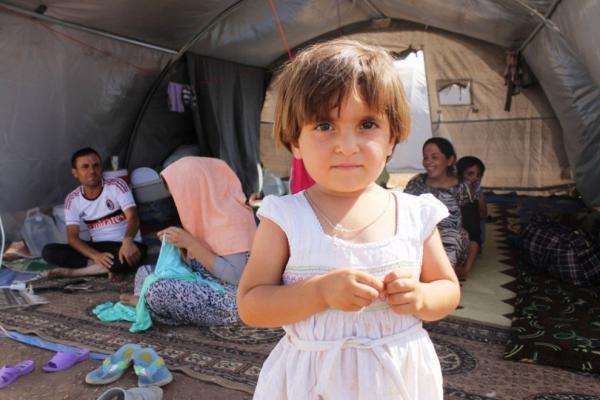The crisis in Iraq poses two challenges — a humanitarian effort to rescue persecuted minorities, and a security mission to suppress the extremist threat posed by the forces of the Islamic State in Iraq and Syria (ISIS).
The U.S. is right to play a leading role in aiding the Yazidis, Christians, and other threatened minorities in Iraq. The immediate threat against the Yazidis has eased, but minority groups in the region remain endangered by violent extremism. The Obama administration should work through the United Nations to turn this into a genuine international rescue effort. The greater the degree of international participation and support for the aid mission, the more beneficial and legitimate it will be for the recipients.
The U.S. is also right to call attention to the threat posed by ISIS, but we need to do more to mobilize international pressure against the group. The Islamic State is in many respects more dangerous than al Qaeda. It has conquered Mosul and other major cities, taken control of dams and oil facilities, and is steadily expanding its sphere of influence in Syria and Iraq. It has formed a terrorist army with an estimated 10,000 fighters and is now armed with tanks and advanced U.S. weapons stolen from the Iraqi army. The group poses a significant threat to the security of the region and the world.
Read the Full Article

